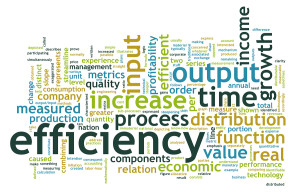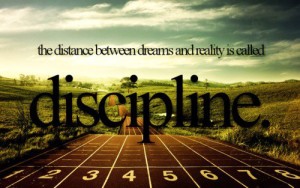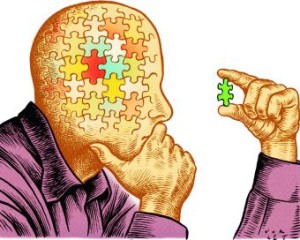Podcast: Play in new window | Download (Duration: 28:57 — 26.5MB) | Embed
I believe that we all have a longing to be significant, to make a contribution, to be part of something noble and purposeful. In order to accomplish this you must be willing to focus on others.
Every big thing that has ever been done started with the first step. Do you remember Neil Armstrong’s famous words from the moon; “That’s one small step for man, one giant leap for mankind!” We cannot go anywhere in life without making the very first small step. No matter what, you must take that step if you want to achieve big things.
How do you get started in taking that first small step? Here are four suggestions.
- Start where you are
- Mother Teresa declared that some of the greatest work has been done from sick beds and prison cells.
- Philosopher Parker Palmer stated that “Our real freedom comes from being aware that we do not have to save the world, we must merely make a difference in the place where we live.”
2. Start With Your One Thing
- I believe that everyone has “one thing” they do better than anything else.
- Henry David Thoreau stated “One is not born into the world to do everything, but to do something.”
- Howard Hendricks from Dallas Seminary used as a life mantra “We tend to put something into everything instead of everything into something.
- Victor Frankl stated that when you cannot change your situation we are challenged to change ourselves.
3. Start watching your words
- Solomon one of the wisest men said “Words kill, words give life: they are either poison of fruit – you choose.”
- There are words that we need in our vocabulary – we, can, will, yes. Some words need to be eliminated such as me, can’t, won’t, no.
4. Start by making small changes
- Mother Teresa once responded to the question what do you need to do to be considered successful in your work. Her response is classic – she stated “…if the Missionaries of Charity have brought joy to one unhappy home – made one innocent child from the street pure for Jesus – one dying person die in the peace of God – don’t you think it would be worthwhile offering for just that one?”
- Success is measured in inches and not miles
Now let us consider the four suggestions on thinking big.
- Believe in yourself
- Do you believe in yourself? Your belief about yourself will drive your behavior. Many times the thought I don’t think I can arises from the thought I don’t think I am!
- Steve Jobs once stated that the people that are crazy enough to believe they can change the world are usually the ones that do.
- There are many successful people that others do not believe in. However, there has never been a successful person who did not believe in themselves. Start believing in yourself and you just might make a difference.
2. Believe in you mission
- Understand first of all that your life mission cannot be from someone else. It must be your own. Borrowed beliefs have no power, passion and they definitely do not instill conviction that you can make a difference.
- Peter Senge states mission instills the passion and the patience for the long journey.
3. I believe in people
- When you work with a person that truly believes in you, isn’t true that you respond to that person based upon their level of belief about you?
- Don’t you perform at a higher level for a boss you want to please or a teacher who encourages you, or a coach who inspires in you? You work harder because of the belief factor.
4. I believe in my God
- “Everyday should be your masterpiece” – John Wooden.
- God is the one who helps take my best effort as flawed as it is, and makes it better.
- Jeremiah 29:11 “For I know the plans I have for you, declares the Lord, plans to prosper you and not to harm you, plans to give you a hope and a future.”
- Anybody can do their best. God helps us to do better that our best – Catherine Bramwell-Booth
- GOD-ROOM is space between your best and room for God to step in and help you do better. Leave plenty of God Room!
John Wesley is credited with the statement “Do all the good you can. By all the means you can. In all of the ways you can. In all of the places you can. At all the times you can. To all the people you can. As long as ever you can.”
LINKS
Shepherds Advantage Leadership Podcast is now on iTunes – SUBSCRIBE
FREE GIFT – “The Art of Balancing Candor With Care” – Click on the icon at the bottom of the page
Executive Coaching Premier Service – Private message me for details on this customizable service
Music: “Gratitude Mood” by David Arivett. You can learn more about his music by clicking on his name. THANKS DAVID!




